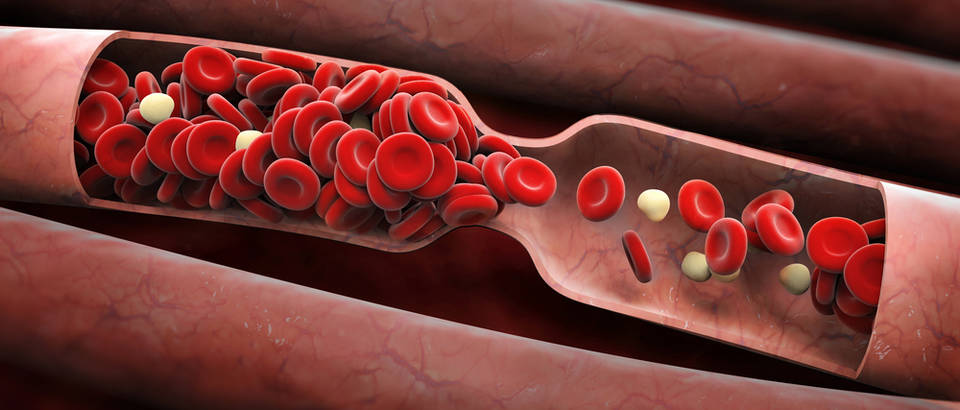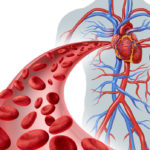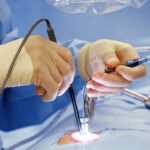
Blood Clot Definition And Facts
Blood has an apparently incredible task. Usually it flows uninterruptedly and smoothly throughout our body for complete lifetime, but quickly shut off to avoid leaks when we get any kind of cut or injury.
Blood clots can be said healthy and many a times lifesaving when they stop bleeding. But they can be formed unnecessarily when they aren’t needed and can cause a heart attack, stroke, or other serious health related problems.
How Does Blood Clot?
The life cycle of a normal blood clot is dependent on a sequence of chemical interactions. Some of them include:
- Reactions stop its growth. Other proteins counterbalance additional clotting factor proteins so the clot doesn’t fest beyond than it needs to.
- Platelets form a plug. Small bits in your blood called platelets get “turned on” by triggers released when a blood vessel get injured. They stick to the walls in the area and each other, changing shape to form a plug that fills in the broken part to stop blood from leaking out.
- The clot grows. Proteins in your blood are known as clotting factors. They give signal to each other in order to cause a speedy chain reaction. It ends with a liquefied substance in your blood turning into long components of fibrin. These get twisted up with the platelets in the plug to make a net that in turn traps more platelets and cells. The clot than becomes much harder and more sturdy.
- Your body gradually breaks it down. When the damaged tissue heals, clotting of blood stops. The tough fibrin strands liquefy, and your blood takes the platelets and cells of the clot back.
What Causes Blood Clots?
When flowing blood comes into contact with specific substances in the skin or in blood vessel walls the process of clotting begins. When they drop, it generally means the skin or blood vessel wall is fragmented.
Waxy cholesterol plaques are formed in the arteries that too contain these things inside them. So if the plaque breaks are exposed, clotting process will begin. Usually heart attacks and strokes occur when a plaque in your heart or brain get ruptured.
If your blood is not flowing properly then also chance of blood clot is formed. If it puddles in your blood vessels or heart, the platelets stick at the same time. Atrial fibrillation and deep vein thrombosis (DVT) are two states where slowly moving blood can cause the problem of blood clot.
Medications Affect the Clotting Process
Some medicines stop platelets from signaling each other so they won’t stick with each other. They are:
- Clopidogrel
- Dipyridamole
- Prasugrel (Effient)
- Ticagrelor (Brilinta)
- Ticlopidine (Ticlid)
- Asprin



